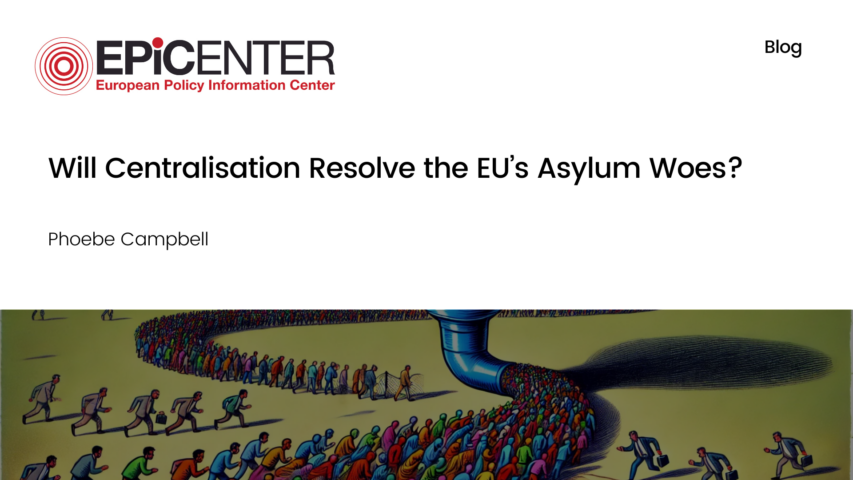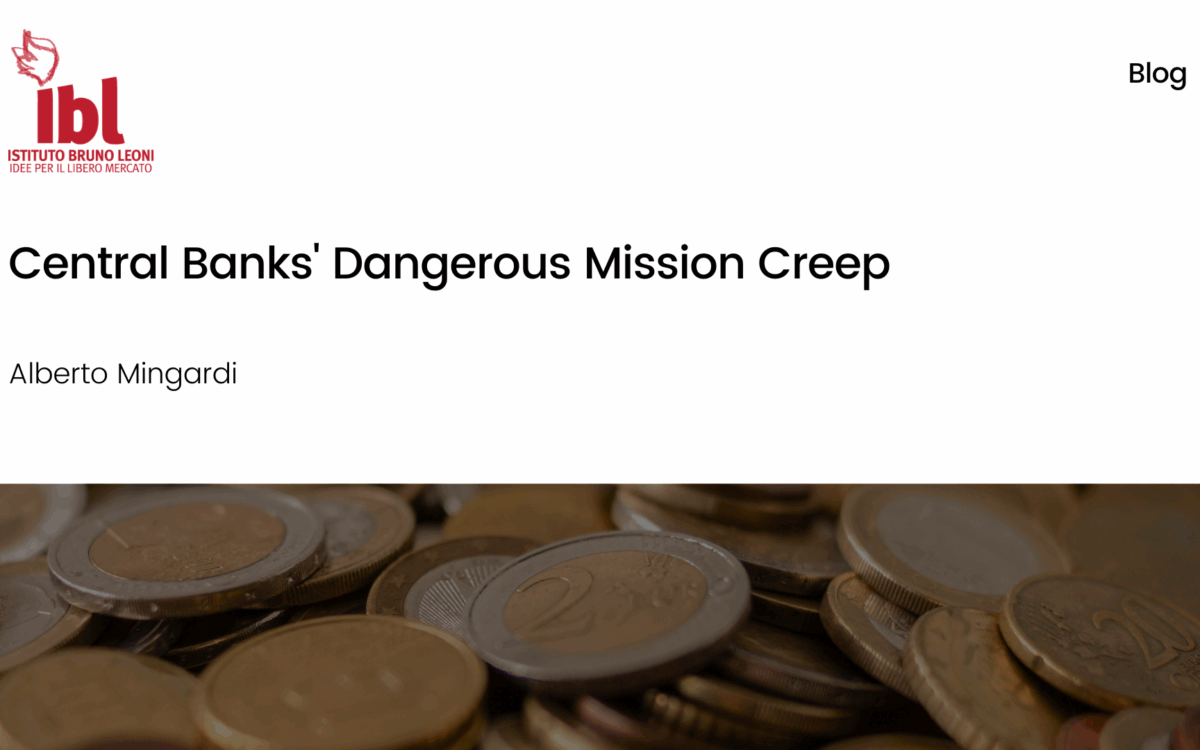Will Centralisation Resolve the EU’s Asylum Woes?

Will Centralisation Resolve the EU’s Asylum Woes?
Phoebe Campbell // 24 August 2021
In June, the European Parliament and Council of the EU reached a provisional agreement to transform the European Asylum Support Office (EASO) into a ‘fully-fledged agency’. The new Asylum Agency will share responsibilities with member states and it is argued to increase efficiency in processing asylum applications. This change to the asylum system is likely to prove how centralised EU policies can be used to implement positive change but can simultaneously risk antagonising member states.
The sharp increase in the number of refugees arriving in the EU in 2015, along with the more recent COVID-19 pandemic, highlighted the total failure of current EU migration policies and increased the urgency for reform. In 2020, many asylum seekers were unable to apply for international protection since the pandemic restricted their mobility. Moreover, 58% of decisions on asylum applications were negative and many unsuccessful applicants were unable to return to their country of origin due to travel bans. Similarly there has been a discrepancy between EU asylum laws and actual practices of member states, leading to a lack of uniform treatment of asylum seekers across the EU. While in theory it should not matter where an application is made, asylum applications increased in countries where the chances of receiving international protection were deemed higher.
The recently approved Asylum Agency aims to improve how EU member states deal with asylum seekers. Following other policies managed at the European level to ensure consistency, the new asylum agency creates a common system for asylum applications across the EU. It claims to ensure fair treatment of migrants across the bloc and promises to provide increased assistance to receiving countries, such as sending experts to member states that request operational support. On the day of the agreement, the Portuguese Minister for Home Affairs, Eduardo Cabrita, claimed that the new agency was fulfilling the EU’s goal of building a fairer, more efficient asylum system that also facilitates mutual trust between member states through shared responsibility.
However, as with all centralised tendencies, there is opposition from some of the member states. The Visegrad 4— Hungary, Slovakia, Czech Republic and Poland – have rebelled against the new mandate, anticipating further quotas on migrant redistribution. While Hungary’s treatment of refugees is inhumane and likely illegal, setting strict quotas upon Eastern European countries may not be the best method. The rise of anti-immigration populism and xenophobia in these countries may in fact deter refugees from wanting to settle there in the first place. Moreover, forcing quotas on each country may could lead to chronic tensions between host countries and migrants. Instead, the new agency could allow different countries to help in different ways: they could offer aid and operational support to other member states instead of rehoming refugees. This way, not only does each member state contribute to EU easing the pressure on certain member states, but refugees enjoy better circumstances by having the ability to settle in countries where they are more likely to be welcomed.
Overall, central agencies may create better outcomes refugees and the EU as a whole thanks to a more uniform treatment of individuals across the EU. But such reforms can also anger national governments with different views and political interests in these matters. However with enough flexibility on both sides, there is scope for creative compromises that would make the EU’s asylum system more sustainable and fair for all in the long term.
EPICENTER publications and contributions from our member think tanks are designed to promote the discussion of economic issues and the role of markets in solving economic and social problems. As with all EPICENTER publications, the views expressed here are those of the author and not EPICENTER or its member think tanks (which have no corporate view).



